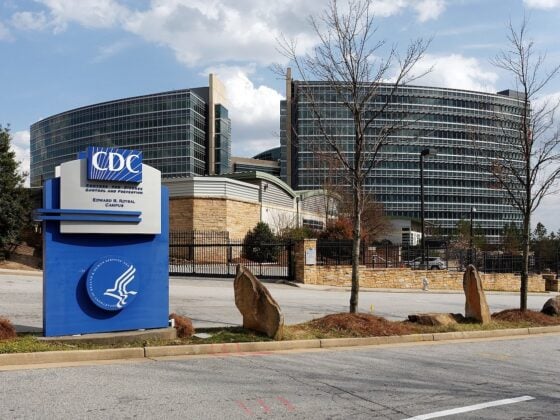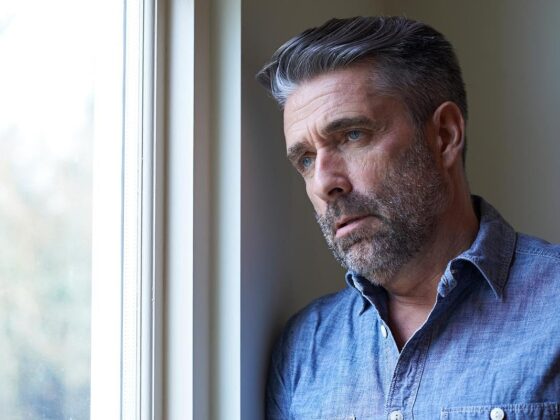I Want It All – The Anthem of Human Nature
From the moment Freddie Mercury’s powerful voice declared, “I want it all, and I want it now,” Queen gave us more than a rock anthem — they tapped into the essence of human nature. That lyric resonates deeply because it reflects a universal truth: we all want what we feel we deserve, especially when it comes to health, opportunity, and fairness. But what happens when “wanting it all” collides with the realities of healthcare?
“Wanting It All” Meets Reality
This question feels especially relevant in the wake of the tragic murder of United Healthcare’s CEO, which has reignited frustrations with the healthcare system. Social media is flooded with stories of individuals denied coverage for treatments, medications, or procedures they believed were essential. The outrage is understandable — being told “no” when your health or the health of a loved one is on the line feels deeply unfair. It strikes at the heart of our belief that healthcare should be there when we need it.
But as much as we want to have it all in healthcare, the reality is more complicated. Many consumers don’t fully understand what their insurance covers or doesn’t cover. Nor are cost-sharing requirements like copayments, deductibles, and coinsurance, or limitations on coverage for specific treatments understood. The maze of prior authorization requirements can further frustrate patients, leaving them blindsided by denials for care they expected to be covered.
Sometimes, misunderstandings or misinformation leads to demands for treatments that are not medically necessary, or that should be tried only after less invasive or less expensive alternatives. These safeguards exist not to deny care but to ensure it is appropriate, effective, and cost-conscious.
The Preventive Paradox
Amid these cries of “I want it all,” a paradox emerges. Some people, while demanding full access to healthcare when they are sick, reject preventive measures — like vaccines — that are designed to keep them well in the first place. Vaccines, which have been proven to prevent serious illnesses and thus reduce healthcare costs, are sometimes dismissed due to misinformation, fear, or skepticism. This refusal creates a striking contradiction: wanting access to everything modern medicine can offer while declining the tools that can help avoid the need for such care – and avoid costs to the healthcare system.
Today’s news of the recent effort by an attorney and ally of Robert F. Kennedy Jr. to push for the FDA to revoke its approval of the polio vaccine is beyond troubling. This vaccine eradicated polio in the United States and drastically reduced cases worldwide. Undermining such a proven preventive measure risks reintroducing polio in the U.S. – a disease for which there is no cure. Such actions exacerbate the very healthcare challenges people demand solutions for, creating preventable crises in the name of unfounded skepticism.
This paradox highlights a deeper challenge in healthcare. We want the system to be there for us when we’re in crisis, but we don’t always embrace the steps that could reduce those crises.
Want versus Need
Queen’s iconic anthem captures our drive for the best life, but it also highlights a tough truth: in healthcare, our wants and needs don’t always align. We all want top care when we need it, but that doesn’t mean demanding everything we think we deserve. It’s about understanding evidence-based medicine — ensuring care is effective and tailored to our needs, while avoiding unnecessary treatments and costs. It’s also about knowing what your insurance covers and embracing prevention before a crisis strikes.
And while we may not get absolutely everything that we want, we will get what we need!
Happy reading,
- Notable News: medical billing “wonders,” proposed legislation to require insurers/PBMs to sell pharmacies, and Ro to offer single-dose vials of Zepbound.
- Real Truth: debunking myths about holiday suicides, tonsil removal and weight gain and seed oils.
- Return Risks: RFK Jr. lawyer requests FDA to rescind polio vaccine approval, forgotten childhood diseases and how polio vaccine works.
- Truly Sweet: including my personal favorite, A Spoonful of Sugar!
Notable News
KFF Health News
Removing a Splinter? Treating a Wart? If a Doctor Does It, It Can Be Billed as Surgery
Healthcare Dive
New bipartisan legislation would force insurers, PBMs to sell pharmacy businesses
Fierce Healthcare
Ro teams up with Eli Lilly to offer single-dose vials of weight loss drug Zepbound
Real Truths
Annenberg Public Policy Center
Suicide Rate Is Low During the Holidays, but the Holiday-Suicide Myth Persists
University of Michigan Health
Study finds tonsil removal not linked to undesirable weight gain, contrary to popular belief
American Heart Association
There’s no reason to avoid seed oils and plenty of reasons to eat them
Return Risks
New York Times
Kennedy’s Lawyer Has Asked the F.D.A. to Revoke Approval of the Polio Vaccine
New York Times
Six Childhood Scourges We’ve Forgotten About, Thanks to Vaccines
Fortune Well
Polio is a deadly disease with a vaccine that RFK Jr.’s adviser wants to ban. Here’s how the immunization works
Truly Sweet
Huff Post
What’s The Difference Between Hot Chocolate And Hot Cocoa?
Newsweek
Orange Cat Mystery Cracked After 110 Years
McGill University
A Spoonful of Sugar
Enjoy the weekend!
Best,
Suzanne
Suzanne Daniels, Ph.D.
AEPC President
P.O. Box 1416
Birmingham, MI 48012
Office: (248) 792-2187
Email: [email protected]

News you can trust



